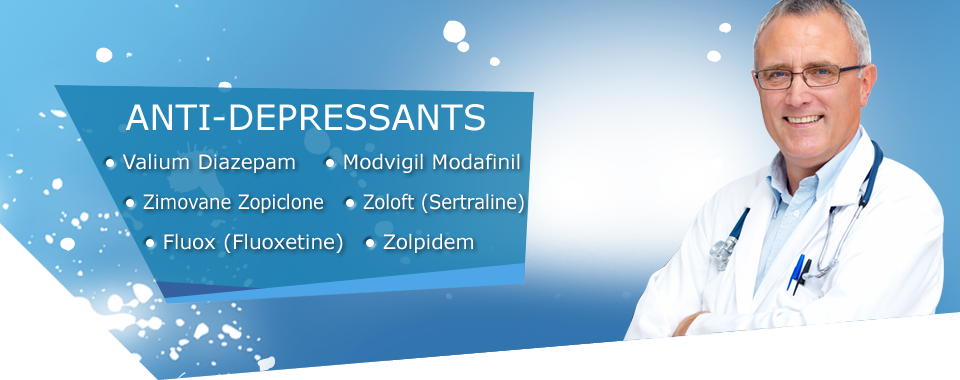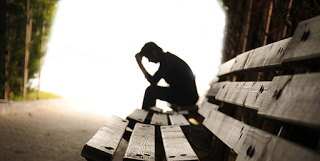
Depression is an illness that affects both men and women. But people working in mental health services see far fewer men with depression. It seems likely men suffer from depression just as often as women, but they are less likely to ask for help. Male depression is treatable and best treated as early as possible.
Signs and symptoms of depression in men
Depression has a number of signs and symptoms. Men are each affected in different ways, but three of the most common signs are pain, risk taking, and anger.
Pain.
Depression may show up as physical signs like constant headaches, stomach problems, or pain that doesn’t seem to be from other causes or that doesn’t respond to normal treatments.
Risk Taking.
Sometimes depressed men will start taking risks like dangerous sports, compulsive gambling, reckless driving, and casual sex.
Anger.
Anger can show itself in different ways like road rage, having a short temper, being easily upset by criticism, and even violence.
Here are some other common signs, especially if they last for a few weeks or months: feeling guilty, worthless, or that you always fail; feeling restless and/or irritable; having no energy; problems sleeping (not sleeping or sleeping too much); feeling angry or violent; feeling like you can’t work or get things done; using alcohol or drugs to feel better; sexual inability; losing interest in hobbies, work, and/or sex; having problems focusing, remembering, or making choices; always feeling sad or nervous; feeling alone; being negative about everything; thinking about death or suicide.
Treatments for depression
There are effective treatments for depression. In fact, more than 80% of men respond to treatment for depression. Your primary care doctor or a psychiatrist can create a treatment plan for you. That plan for treating depression may include:
- Antidepressants. The medicines most often used for depression treatment today are selective serotonin reuptake inhibitors (SSRIs) and serotonin-norepinephrine reuptake inhibitors (SNRIs). These antidepressants increase the levels of specific chemicals in the brain.
- Talk therapy. Many kinds of psychotherapy or talk therapy are effective in treating depression. Cognitive therapy, also called cognitive-behavioral therapy (CBT), interpersonal psychotherapy (IPT), and "insight-oriented psychotherapy" are frequently used.







